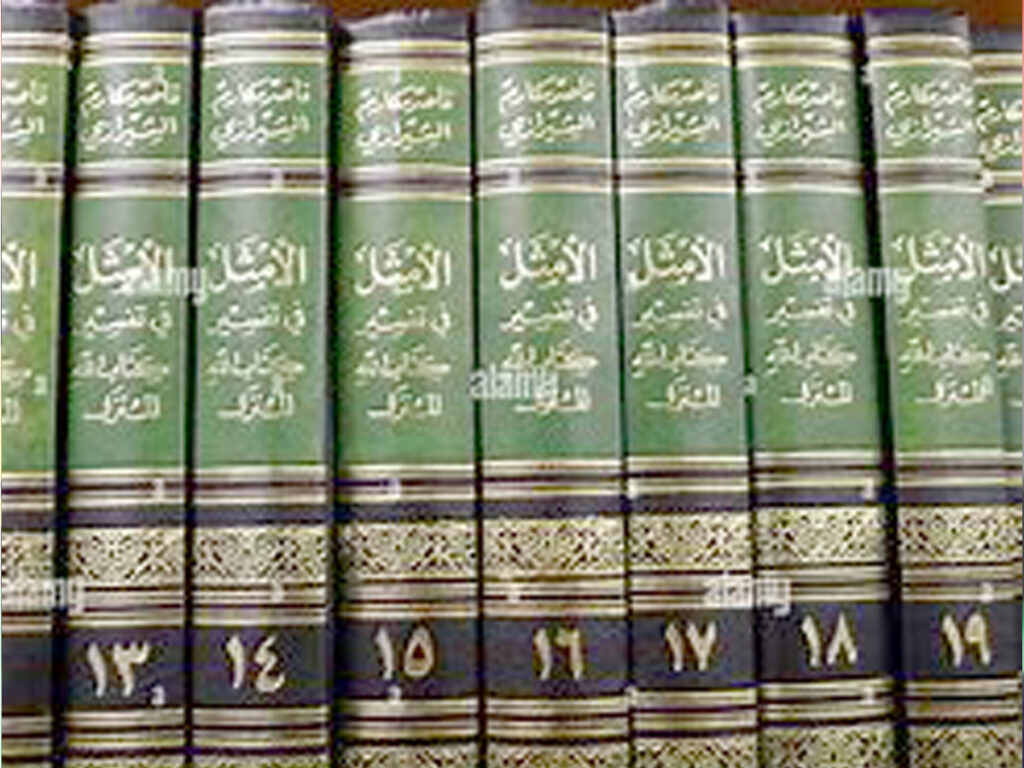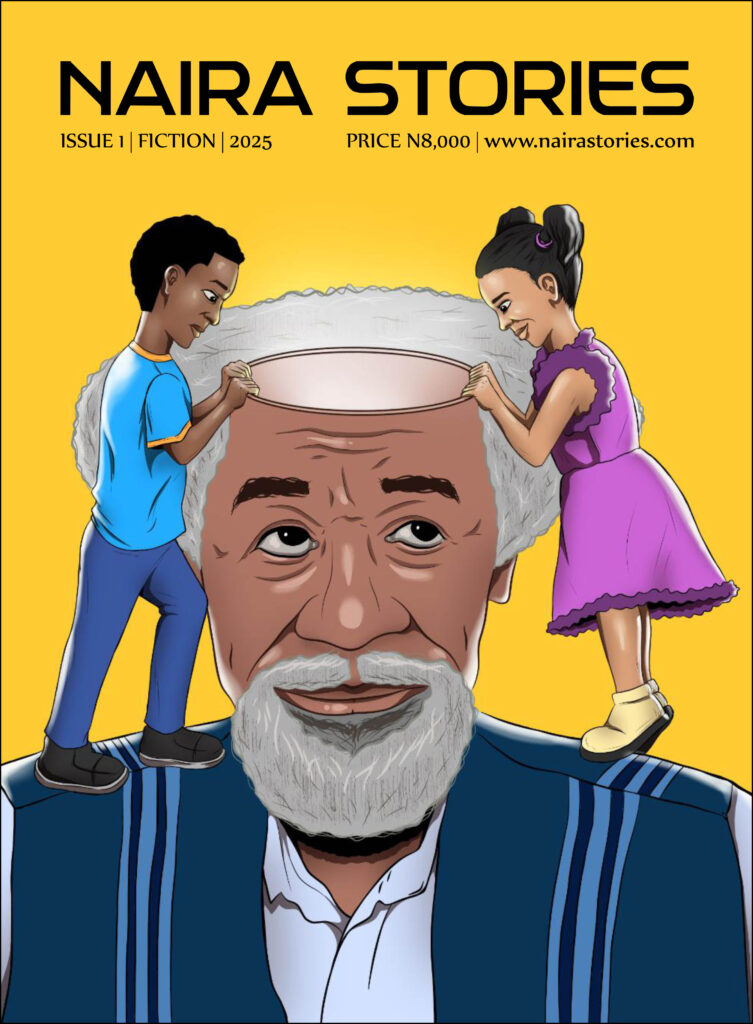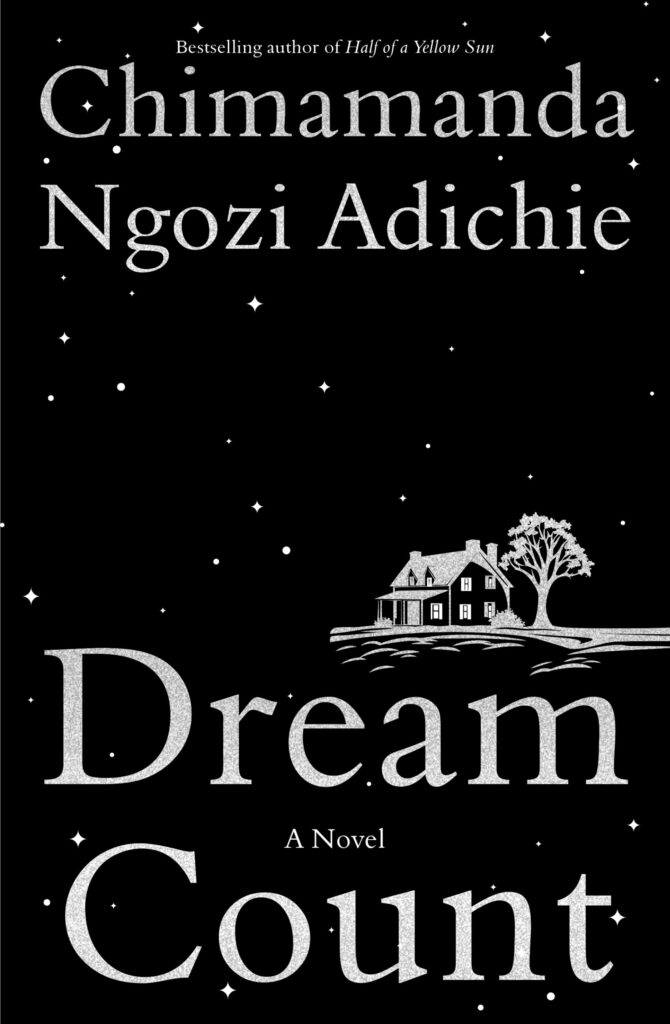In the bustling Kurmi Market of Kano, beneath colourful umbrellas shielding books from the Harmattan sun, Hauwa fingers through a stack of paperbacks. The covers promise romance and drama: Budurwar Zuciya, Alhaki Kuykuyo Ne, Wa Zai Auri Jahila? These are soyayya novels — love stories that navigate the delicate balance between entertainment and Islamic values. As Hauwa selects three books for three hundred naira each, she participates in a literary tradition that spans decades, yet lacks formal recognition. Her purchase represents a market that thrives without a name.
In the global literary market, labels matter. ‘Romantic fiction’ signals love stories; ‘speculative fiction’ hints at worlds beyond the ordinary; ‘Christian fiction’ promises narratives grounded in Biblical values. Yet, for Nigerian literature, one label remains conspicuously absent: Islamic fiction. The term, while recognised in international publishing circles, is not formally classified or marketed in Nigeria, despite flourishing in practice. This absence raises a crucial question: If Islamic fiction exists in spirit, why not in name?
Defining Islamic fiction
The Islamic Writers Alliance defines Islamic fiction as fiction “in any genre that contains Islamic values and does not contradict the Qur’an or Sunnah.” This encompasses creative writing — novels, short stories, plays — that adheres to Islamic ethical principles: avoiding explicit sexual content, vulgarity, or glorification of prohibited acts while depicting religious beliefs respectfully and ensuring truthfulness.
Importantly, Islamic fiction is not religious preaching. It operates in the same creative space as other fiction — telling human stories, exploring emotions, engaging with societal issues — but within Islamic moral boundaries. In skilled hands, this produces narratives rich in implication, symbolism, and emotional depth without crossing ethical lines.
Roots in Hausa literary culture and the historical pioneer
Northern Nigeria provides the natural foundation for Islamic fiction recognition. From early Ajami manuscripts to oral traditions shaped by Islamic scholarship, “all Hausa literature was written in Ajami script as a result of deeply rooted Islamic influences” from about 1800 to 1930.
The historical foundation for Islamic fiction in Nigeria finds its truest pioneer in Nana Asma’u (1793-1864), a Fulani princess, poet, teacher, and daughter of the founder of the Sokoto Caliphate, Usman dan Fodio. As “a respected public figure of significant authority,” she was “active in politics, education, and social reform; she was a prolific author, popular teacher, and renowned scholar and intellectual.” Her extensive body of work — comprising poetry, historical narratives, and didactic literature — consistently maintained Islamic moral frameworks while addressing social issues, making her the archetypal Islamic fiction writer centuries before the term existed.
Nana Asma’u is “considered one of the greatest women writers in northern Nigerian history”, and her works demonstrate how Islamic principles can guide literary creativity without constraining it. Her writings covered diverse themes, from historical chronicles to spiritual guidance, all while adhering to Islamic values and serving educational purposes within her community.
The late 20th century birthed the modern littattafan soyayya (love literature) movement in Kano and other northern cities. These self-published books, sold in local markets, told romantic and domestic dramas for largely female readerships. However, the movement quickly bifurcated into two distinct streams: one embracing feminist themes and social critique, and another evolving into tarbiyya novels, ‘moral’ literature consciously aligned with Islamic values.
The contemporary divide: Feminist vs. Tarbiyya literature
This literary evolution reveals an important distinction often overlooked in discussions of northern Nigerian literature. Writers like Balaraba Ramat Yakubu and Bilkisu Ahmed Funtuwa represent the feminist trajectory, combining themes of feminism and women’s rights with what scholars call Islamic-Hausa feminism. While these authors emerge from Muslim contexts and address Islamic societies, their primary focus remains gender advocacy rather than Islamic moral instruction.
Academic analysis reveals that while the writers themselves insist that their ultimate intention is to exemplify proper moral behaviour, other socially reformative didactic intentions are unmistakable in these books. The distinction between conservative and progressive writers within this tradition highlights the difference between Islamic fiction proper and feminist literature that happens to emerge from Islamic contexts.
True tarbiyya literature, the branch that developed into contemporary Islamic fiction, maintained a primary commitment to Islamic moral frameworks while addressing social issues. This tradition includes works on tarbiya (spiritual training) and ma’rifa (gnosis) that demonstrate sophisticated literary treatment of Islamic themes.
Reframing social transformation: The Yakubu example
Balaraba Ramat Yakubu’s significance lies not as an Islamic fiction pioneer but as evidence of soyayya literature’s transformative power and diversity. Taken from school at twelve to marry a man in his forties, she later pursued secret adult education while maintaining the cover of sewing classes. This struggle against forced marriage became her literary foundation.
Her nine novels demonstrate how northern Nigerian literature can serve as a vehicle for social transformation. Wa Zai Auri Jahila? (Who Will Marry the Ignorant Woman?) directly addressed child marriage through the thirteen-year-old Abu’s story, pulled from school for marriage but finding liberation through education. In 2012, Yakubu became the first female Hausa-language author translated into English when Blaft Publishers released ‘Sin is a Puppy that Follows You Home’, proving international appetite for northern Nigerian literature.
“When I write, I feel lifted,” Yakubu explains. “I write my stories as if I was in your house, or at your neighbours’. Women recognise them. I feel obligated to tell stories that otherwise would not have been told.”
Her local women writers’ association, founded in 2005, now boasts over 200 members, evidence of a growing literary community that spans both feminist and Islamic approaches to storytelling.
Yakubu’s work represents the broader social transformation within soyayya literature, where some authors moved toward feminist advocacy while others maintained focus on Islamic moral instruction. Both streams contribute to northern Nigerian literary richness, but only the latter constitutes Islamic fiction proper.
The English-language gap and international context
English-language Nigerian literature reveals a more pronounced gap. Muslim authors adhering to Islamic principles find their works categorised generically as ‘romance’ or ‘literary fiction’ without religious acknowledgement, making discovery difficult for seeking audiences.
Meanwhile, international markets increasingly recognise Islamic fiction. The Islamic Writers Alliance, established in 2005-2006, formalised genre definitions and criteria. Publishers like Salaam Reads (Simon & Schuster, 2016) and Kube Publishing create dedicated Islamic fiction lines. Early English-language Islamic fiction included series like ‘Invincible Abdullah’ (1993-1995) and Umm Zakiyyah’s ‘Tamika Douglass Trilogy’ (2001), demonstrating genre viability.
Why labels matter: Market evidence
Nigeria’s over 100 million Muslims represent substantial readership potential. Despite literacy challenges — nearly half of northern Nigerian women cannot read in any language — Hausa soyayya literature’s grassroots success proves demand for culturally appropriate content. International Islamic fiction markets provide successful blueprints for Nigerian development.
Formal categorisation would enhance visibility (helping readers discover moral fiction), foster identity (creating writer communities), and organise markets (enabling targeted publishing and retail strategies). The distinction between feminist and Islamic streams within northern Nigerian literature demonstrates both the complexity of the literary landscape and the need for clearer categorisation that serves different reader communities.
Contemporary landscape and digital platforms
Today’s Nigerian Islamic fiction exists primarily in Hausa, with scattered English works. Young Muslim writers increasingly use platforms like Wattpad for clean romance and contemporary tales reaching global Muslim audiences. However, without formal genre recognition, these works remain buried in broader categories, limiting discoverability and community building.
The search for contemporary Islamic fiction voices requires identifying authors who prioritise Islamic values over feminist messaging. The academic distinction between conservative and progressive writers within Hausa literature suggests that conservative voices, those maintaining primary commitment to Islamic moral frameworks, represent the true continuation of the tarbiyya tradition established by figures like Nana Asma’u.
Challenges and opportunities
Several obstacles impede formal recognition: Nigeria’s Muslim cultural diversity requires accommodation without erasure, perception issues conflate Islamic fiction with preaching, mainstream publishers hesitate without demonstrated demand, and multilingual literacy complexities affect market development.
Yet opportunities abound. A recognised Islamic fiction category could encourage confident Muslim authorship, attract readers currently seeking imported content, foster inter-cultural dialogue, and develop cultural export potential. Practical steps include dedicated publisher imprints, retail Islamic fiction sections, digital platform categories, literary awards, academic integration, and systematic translation programs.
The challenge lies in identifying and promoting authors who genuinely prioritise Islamic moral frameworks over social advocacy. Audiences seeking Islamic fiction want stories that entertain while reinforcing Islamic values, not narratives that use Islamic settings to advocate for social change outside Islamic parameters.
A Tradition awaiting recognition
Islamic fiction in Nigeria needs recognition, not invention. Like other genre labels, Islamic fiction would umbrella diverse stories — mysteries, romances, historical sagas, science fiction — united by Islamic moral adherence. The Hausa tarbiyya tradition provides commercial and cultural proof of concept, while the international translation of select works demonstrates exportable quality.
Works spanning urban fiction, historical fiction, science fiction, and mystery styles prove that Islamic guidelines enhance rather than restrict creativity. The historical precedent set by scholars like Nana Asma’u shows how Islamic fiction can transcend entertainment to drive social change and preserve cultural values within Islamic frameworks.
Conclusion
From Nana Asma’u’s pioneering works to Kano’s contemporary tarbiyya novels, Nigerians have written morally conscious Islamic stories for centuries. International markets already recognise Islamic fiction’s value through dedicated publishers, awards, and retail categories. The bifurcation within northern Nigerian literature between feminist and Islamic approaches demonstrates both the richness of the literary landscape and the need for clearer categorisation.
The foundation exists, the audience waits, and success models abound internationally. What remains is formal recognition — giving name to practice, category to tradition, and shelf space to heritage. This recognition must carefully distinguish between Islamic fiction proper and feminist literature emerging from Islamic contexts, serving both communities while maintaining clarity about reader expectations.
Picture, if you will, a bookstore in Lagos or Abuja five years hence. Bright shelves clearly marked ‘Islamic Fiction’ display works by contemporary tarbiyya authors alongside emerging English-language voices — Hausa translations beside original works, historical epics next to contemporary romances, all united by shared Islamic values and literary excellence. Customers browse confidently, knowing they will find stories that entertain while honouring their faith. Publishers compete for the next breakthrough author who genuinely embodies Islamic moral frameworks. Critics debate aesthetic merits within established genre parameters.
This vision requires only recognition of what already thrives in practice. Islamic fiction in Nigeria doesn’t need invention — it needs a name, a shelf, and the acknowledgement it has long deserved. The stories exist, the tradition endures, and the future awaits only formal recognition of Nigeria’s rich Islamic literary heritage
Haliru Ali Musa is a Nigerian writer and power engineer. He believes that before problems can be solved, people must first care about them. Whether working on Nigeria’s electrical grid or crafting narratives, his goal remains the same — connecting people to causes that matter. He’s an alumnus of the Nigerian Academy of Letters’ Creative Writing Workshop and the winner of the inaugural Alexander Nderitu Prize for World Literature 2024. His work has appeared in Farafina Blog, Akpata Magazine, The African Griot Review, and elsewhere. His short story, ‘A Garden only Seen in Dreams’, was recently published in the inaugural issue of Naira Stories Magazine. As a critic and columnist, his weekly column, The Long View, is published every Monday in Naira Stories, and his forthcoming novel is under review by a renowned Nigerian publisher. He lives and writes in Lagos.




